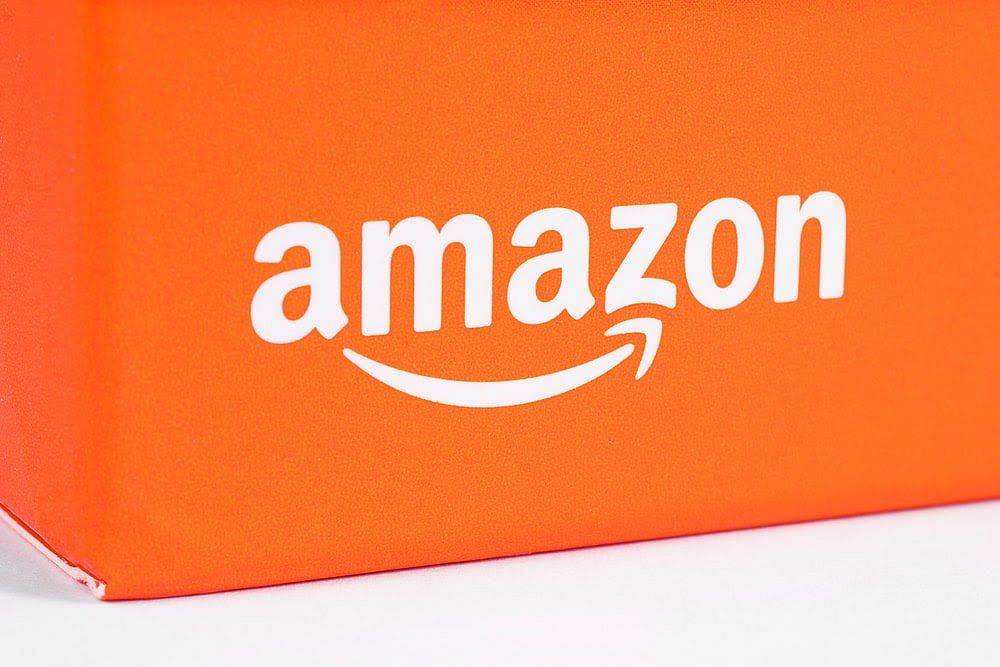
Disclaimer: Please note this article is not financial advice. The purpose of our blog is purely educational, so please consult a professional accountant or financial advisor before making any financial decision.
Amazon taxes are a tricky subject. There is the gray area of international taxation and how it can impact your business in Canada, or anywhere else you might be doing business. This post will help you understand what you need to know about Amazon taxes for sellers, why they matter, and how to ensure that your business is compliant with the tax code.
As an Amazon seller, you are responsible for managing your tax obligations. This includes filing and paying estimated taxes and remitting any balance of GST/HST collected on sales to the Canada Revenue Agency (CRA). You need to undertake various processes in order to report and pay your tax liabilities.
Scroll deeper and dive into the Canadian tax landscape as it relates to Amazon sellers.
If you are a non-resident who wants to sell in Canada, it is very important for you to know the ins and outs of the Canadian tax system. Not actually from cover to cover, but having the basic knowledge will give you a strong understanding of the Canadian tax landscape for your Amazon business taxes. You can always consult an accountant or firm like Unloop to help you with your Amazon taxes.
With the exemption on necessities such as food and medical supplies, most products and services in Canada are taxable. As mentioned earlier, CRA collects and sets the federal and provincial sales taxes. Once you sell goods in Canada, you are responsible for paying taxes, custom clearance fees, and destination duties before the products can be stored in an Amazon warehouse or sold to Canadian residents. In case you sell imported items, you or your agent must register as Importer of Record on customs declarations before shipping your goods to a Canadian address or fulfilment center.

A non-resident importer who wants to sell on Amazon.ca should interact with the Canada Border Services Agency (CBSA) and CRA using legit business numbers. You can acquire this Business Number (BN) from CRA before you import products into Canada. BN is composed of 15 digits with nine numbers identifying your business and two letters plus four numbers for the program and business account.
Here are the steps you need to do to apply for a BN:
NOTE: You can only use your unique import-export account for importing and exporting.
Imported goods are subjected to a 5% effective tax rate. On top of that, a duty rate is added to the total value of goods if applicable.
Remember that Canada has three types of sales taxes: the federal goods and services tax (GST), provincial sales tax (PST) and harmonized sales tax (HST). HST is the sum of GST and PST. Thus you have a basic formula of GST + PST = HST.
Refer to the table below and familiarize yourself with the taxes applicable in every Canadian territory and province.
| Sales Tax Type | Territories/Provinces |
| GST Only | Alberta, Nunavut, Northwest Territories, Yukon (5%) |
| GST and PST | British Columbia (5% GST + 7% PST)Manitoba (5% GST + 7% PST)Quebec (5% GST + 9.975% QST or Quebec Sales Tax)Saskatchewan (5% GST + 6% PST) |
| HST | Ontario (13%)New Brunswick (15%)Newfoundland (15%)Nova Scotia (15%)Prince Edward Island (15%) |
NOTE: Sales on Amazon.ca may be subjected to GST, PST or HST if you meet the federal or provincial sales tax requirements. You are required to collect GST, PST, or HST even if you don't have a nexus in Canada or a particular province. Nexus is your physical or economic presence in a specific territory. You are legally required to collect, report, and remit sales taxes to the appropriate tax authorities when you reach annual sales of $30,000.
As per the sales tax table, five Canadian provinces have HST reporting requirements which means just a single sales tax return. However, British Columbia, Manitoba, and Saskatchewan need to report GST and PST separately. You need to also separately register for PST in non-HST provinces if you have to collect sales taxes in those provinces.

The filing of sales tax returns varies from the province and the total accumulated sales. Sales taxes are filed and paid on a yearly basis. Federal tax returns are due yearly if your annual sales are less than $1.5 million. Manitoba has a yearly sales threshold of $75,000, while Saskatchewan has a threshold of $60,000. British Columbia mandates monthly filing during the first year of business operation no matter what your sales volume is. However, it allows yearly filing after the first year as long as tax liabilities are filed and paid on time. The limit is different for each province that doesn't participate in the HST approach with the federal government.
The due date for filing sales tax returns is set according to the reporting period. It usually takes one to three months after the said period. If you pay your sales tax annually, the filing must be no later than 90 days after the end of the reporting period. If the sales tax is reported more frequently, like monthly or quarterly, filing should be done by the end of the succeeding month.
Amazon Canada does not file or pay sales taxes, unlike Amazon US. However, Amazon.ca collects and sends the sales tax as part of the regular settlement. Sellers must file and remit Amazon estimated taxes to the appropriate provincial tax authorities. If you sell directly in Canada, you have to bill Canadian consumers for sales tax. Then you need to collect, file, and pay taxes to the government.
It is essential to know how the Canadian tax policy works. As an Amazon seller, you have to be responsible and pay your Amazon taxes if it's applicable; this segregates your profit better. Now that you understand the Canadian tax law, you can do your business right, starting from registration to CBSA and CRA, and up to reporting and filing your sales tax returns. You also have the rates that will guide you if you want to do a mock computation of the sales tax. Remember to be vigilant about the tax rates because CRA can change the rate annually.
Although it sounds complicated, it needs to be done. Tax avoidance will just lead you to a very difficult situation. Always report and pay your taxes on time.
Are you looking for help with your sales tax?
Read Easy Accounting: File Your Income Tax Return in Canada With the Help of a CPA and find out how a Certified Chartered Accountant (CPA) makes things easier for you during tax season.
Unloop is the first and only accounting firm exclusively servicing ecommerce and inventory businesses in the US and Canada. With the power of people and technology, our team dives deep into COGS and inventory accounting. You are paired with a dedicated bookkeeping team that prepares accurate financial statements, financial forecasts, and can also pay bills or run payroll for you. Come tax time, everything is organized and ready to go, so you don't need to worry. Book a call with an ecommerce accountant today to learn more.